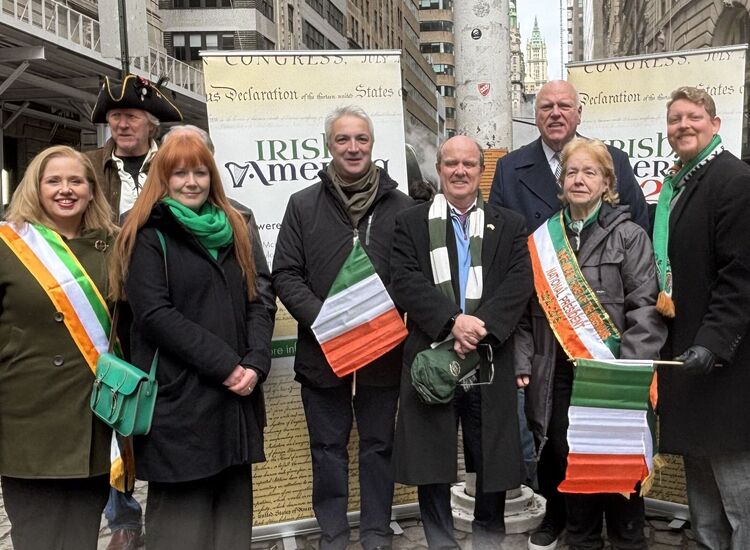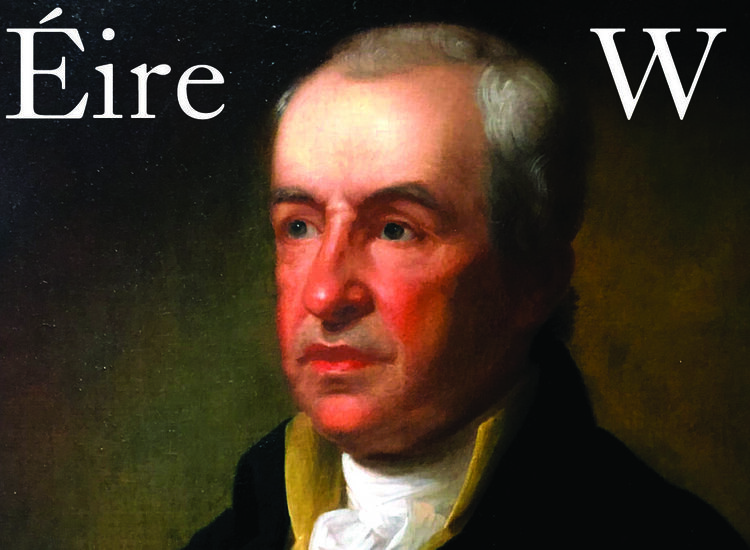History nerds like myself spend a lot of time combing through boring letters and government documents. It may not be everybody's idea of entertainment, but, heck, it beats watching Jersey Shore or sending out a few thousand tweets every day.
In the course of this curious hobby, I often find that access to a certain document or collection of documents is restricted if not banned outright.
If the documents in question are government property, well, you may be surprised to learn that, yes, government
officials do have lots of secrets, and sometimes they can keep a document secret for decades.
On other occasions, a private citizen might donate personal documents or participate in an oral history on the condition that researchers cannot gain access to the documents or oral histories for, say, ten years. Or longer.
Historians and other scholars have to deal with these kinds of issues all the time. It's awfully frustrating, and historians, other academics, and journalists occasionally gather together to fight government attempts to keep certain documents secret.
Sometimes, however, the roles are reversed, as is the case in the ongoing controversy over Boston College's collection of oral histories chronicling the Troubles in Northern Ireland.
As this newspaper and other outlets have reported, the U.S. government is demanding that BC turn over several oral histories that BC promised to keep confidential while the interview subjects were still alive.
The federal government's action is related to a renewed effort in the Six Counties to solve the disappearance and murder of Jean McConville, a Belfast mother of 10 who was executed by the IRA almost four decades ago on suspicion of being an informant. In other words, the U.S. government is taking drastic legal action against a U.S. college on behalf of a foreign government.
The McConville murder was particularly horrific. There is a sense that the authorities in the North are trying to pin the crime on Gerry Adams, and so discredit Sinn Féin, and perhaps even the peace process itself.
There's no reason why the U.S. has to be party to this investigation. Boston College is right to resist the demands of both the Justice Department and the PSNI. After all, if Washington and London can keep secrets in the interests of peace or public order, or whatever other reason they might have, an academic institution has a right and a responsibility to keep confidential files confidential.
Those who participated in the oral history project, which contains interviews with members of paramilitary organizations on both sides of the conflict, did so with the understanding that BC would not release their comments until they were dead. That condition was a simple matter of self-defense: participants feared that their candor could lead to violent retribution.
The director of the BC project, veteran journalist Ed Moloney, understood that this collection of testimony required absolute candor. Historians and journalists know that personal oral histories are valuable tools, although they also know that memories can be faulty, supposed eyewitness accounts can be flawed, and that apparent candor still must be subject to skepticism.
Still, oral histories are only valuable if the testimony offers insight or information that is reasonably truthful By promising both republican and loyalist paramilitaries that their oral histories would be secret until their deaths, researchers who conducted the interviews did their best to ensure frank talk about a highly contentious period in Ireland's history.
If BC were forced to turn over the oral histories, in complete violation of its promise, people may die. That's no exaggeration. That's why BC is fighting to hard to prevent the federal government from obtaining access to the archive and then sharing the findings with the PSNI.
It's an odd conflict, to be sure. Usually it's the government seeking to keep secrets, and academics (and journalists) demanding access. This time, for reasons that are suspect at best, the federal government is trying to circumvent confidentiality, not on behalf of any pressing U.S. national interest, but on behalf of authorities in a foreign land.
Generally, academics are on the side of transparency. But in this case, Boston College has an obligation to shield the subjects of its scholarship from that harm that would certainly befall those who (presumably) told uncomfortable truths and made candid remarks about events in the north during the long years of conflict there.
BC has lived up to its promises thus far. When onetime IRA member, Brendan Hughes, died four years ago, BC made transcripts of his oral history available to authorities, or anyone else who was interested. Federal and PSNI officials now want access to the oral history of Dolours Price, another IRA member who recently implicated Adams in the McConville killing.
It certainly is worthy of note that the feds and the PSNI are interested only in republican oral histories. Nobody has demanded access to oral histories given by loyalists. BC took note of this when it told the BBC that it would continue to oppose Washington subpoenas.
The focus on IRA interviews, a BC spokesman said, seems to support the notion that the inquiry is "politically motivated."
Boston College should stand its ground. In this case, confidentiality is the right and only course of action.









